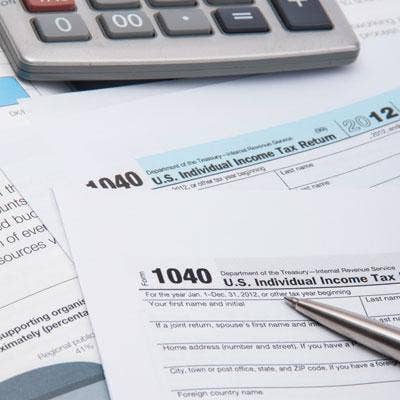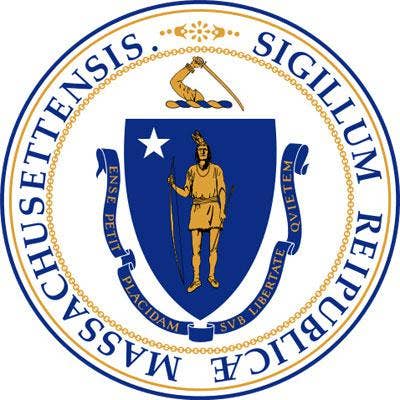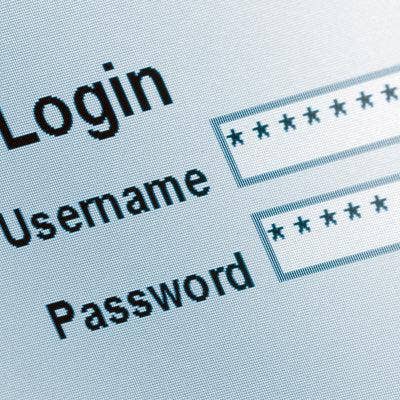What Do You Need To Know About The Massachusetts Software Services Tax?

What Does It All Mean?
A newly implemented Massachusetts tax on software services has left many scratching their heads. Explanations of the broad tax have only just begun to trickle out from the state's Department of Revenue, causing much of the confusion behind the 6.25 percent sales tax extended to the software services provided in the state at the end of July. Tax lawyers said that they have spent days trying to decipher the legalese put forward by the Department of Revenue and still barely understand it themselves. However, just because they are confused does not mean this tax will not still be collected as part of the September filing, said Morris Robinson, managing director of M. Robinson & Company.
"The way things work in our society is that you follow the rules, and if you don’t follow them you can always roll with the rascals," he said. "The rules are that unless the tax is repealed -- and I hope it will be -- it needs to be honored."
Here's a breakdown of the basics of the law and what it means for businesses.

Who Needs To Pay Attention?
Anyone who provides software services to clients in Massachusetts should pay attention.
The tax is generally based on where the services are provided, not where they are coming from. For example, it makes no difference if a solution provider is working out of Florida or Massachusetts -- if the customer's office is in Massachusetts, the tax must be paid on the services. While the tax does not necessarily have to be charged by the provider, it will have to be paid in the end by the consumer in their tax filings to prove that the tax on the service was paid.
"The customer doesn't really have an option," said Robinson. The tax will either be billed by the vendor or paid on the tax filing.
At the end of the day, both the service providers and the customers need to pay attention to make sure the tax is paid, said Nicola Lemay, a partner and chair of Foley Hoag's Taxation Group in Boston.

What Does It Apply To?
Although that question remains largely unanswered, the Department of Revenue has outlined some areas that will be taxable. The preliminary language of the law is very vague, saying that "tax software services that modify, enable or adapt prewritten software to meet the business or technical requirements of a particular purchaser and to operate on the purchaser’s computer system, regardless of how the services are described or billed to the customer." For example, if a customer bought some new computers for their business from an IT professional and asked them to install Microsoft Office on the computers for them, the purchase of the product, as before, would be taxable, but newly added is the labor required to make the installations. There are many exceptions to this rule that the Department of Revenue continues to add to its website as questions arise.

What Are The Exceptions?
The major exception to the law is in the case of Multiple Points of Use (MPU). If a national company based in Massachusetts, for example, buys 1,000 versions of an operating system for its various branches across the country, the bill might be sent to the Massachusetts office, which would then be taxable. However, if the company files the MPU Certificate, then the sales tax would only apply to the 20 installations of the software in the Massachusetts office, for example.
"When it comes to these services, the Multiple Points of Use Certificate becomes key," Robinson said. "Only the uses in Massachusetts are going to be subject to the tax. An out-of-state customer can avoid the tax entirely simply by completing a Multiple Points of Use Certificate and filing it with a Massachusetts vendor."

When Does It Start?
It has already started. The law took effect July 31, seven days after the bill passed. The tax payments will first appear on September filings for the month of August.
For services provided around the July 31 start date, in order to qualify for the tax, the services would have to have been both provided on or after July 31 and invoiced or billed on or after the same date, said Nicola Lemay of Foley Hoag's Taxation Group in Boston. This distinction still applies even if contracts were made before the change. "The point is: Existing contracts are essentially subject to this tax if the services are both performed and invoiced after July 31," Lemay said.

How Do I File?
Filing with the Department of Revenue is now online through <a data-cke-saved-href="https://wfb.dor.state.ma.us/webfile/business/Public/Webforms/Login/Login.aspx[Webfile for Business.](http:=) Companies affected will have to report and pay the newly taxed services separately through the online site. Forms are already available online.
{C}

Where Can I Turn?
The Department of Revenue (DOR) asks that all questions about the tax be directed towards their email [email protected] so common questions can be answered on their FAQs page. The DOR also has released a Technical Information Release that explains in more legal detail which services apply to the new law.